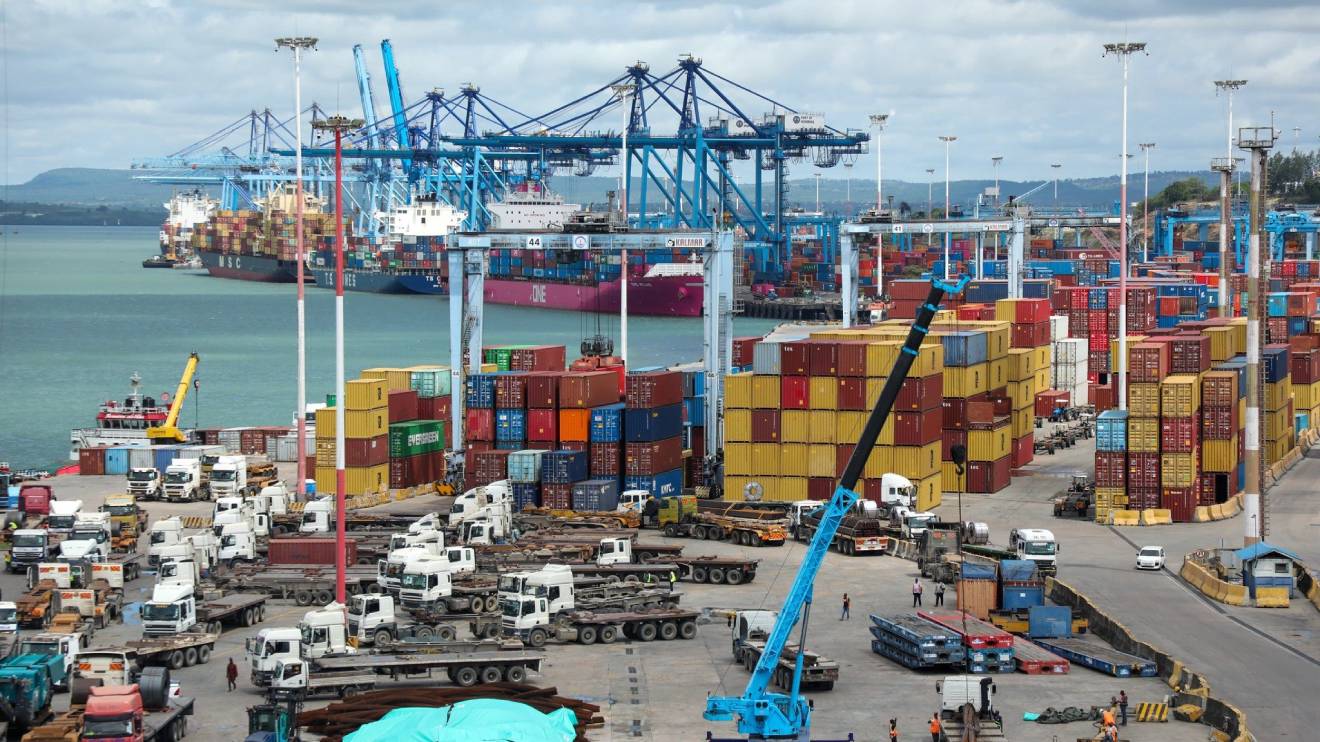Technology is taking centre stage in the Kenya Revenue Authority’s (KRA) efforts to address tax evasion and improve the collection of value-added tax (VAT), which remains a critical source of the country’s revenue.
George Obell, KRA’s Commissioner for Micro and Small Taxpayers, told attendees at the African Development Bank (AfDB) VAT Digitalisation Seminar that digital solutions are central to reshaping how Kenya handles tax compliance and administration.
“VAT is a key source of revenue for many of our economies and is, therefore, central to ongoing digital reforms,” Obell stated.
Obell highlighted that KRA is focusing on tools that will not only make tax administration more efficient but will also help detect and reduce tax evasion.
“Through innovation, we are creating new avenues to enhance compliance, improve administrative efficiency, and broaden the tax net in a transparent and inclusive way,” he said.
Read More
For many Kenyans, the move towards e-filing, e-invoicing, and data-driven monitoring means greater scrutiny of business transactions and reporting practices.
These systems aim to limit the avenues used by some to avoid their tax responsibilities, with the added effect of simplifying procedures for compliant taxpayers.
KRA’s interest in artificial intelligence and machine learning, announced last year, signals a shift towards deeper data analysis.
By processing large amounts of taxpayer information, these technologies are expected to identify unusual patterns that could indicate fraud or underreporting—issues that have long contributed to gaps in VAT collection.
Obell also called for stronger cooperation between African countries, noting that tax evasion frequently exploits weaknesses across borders.
Such partnerships, he argued, are essential in creating VAT systems that are more resilient to manipulation.
The digital reforms come at a time when Kenya’s government is under pressure to raise more domestic revenue, making the efficiency and accuracy of tax collection systems more critical than ever.


-1750239108.jpg)


-1727286472.jpg)

